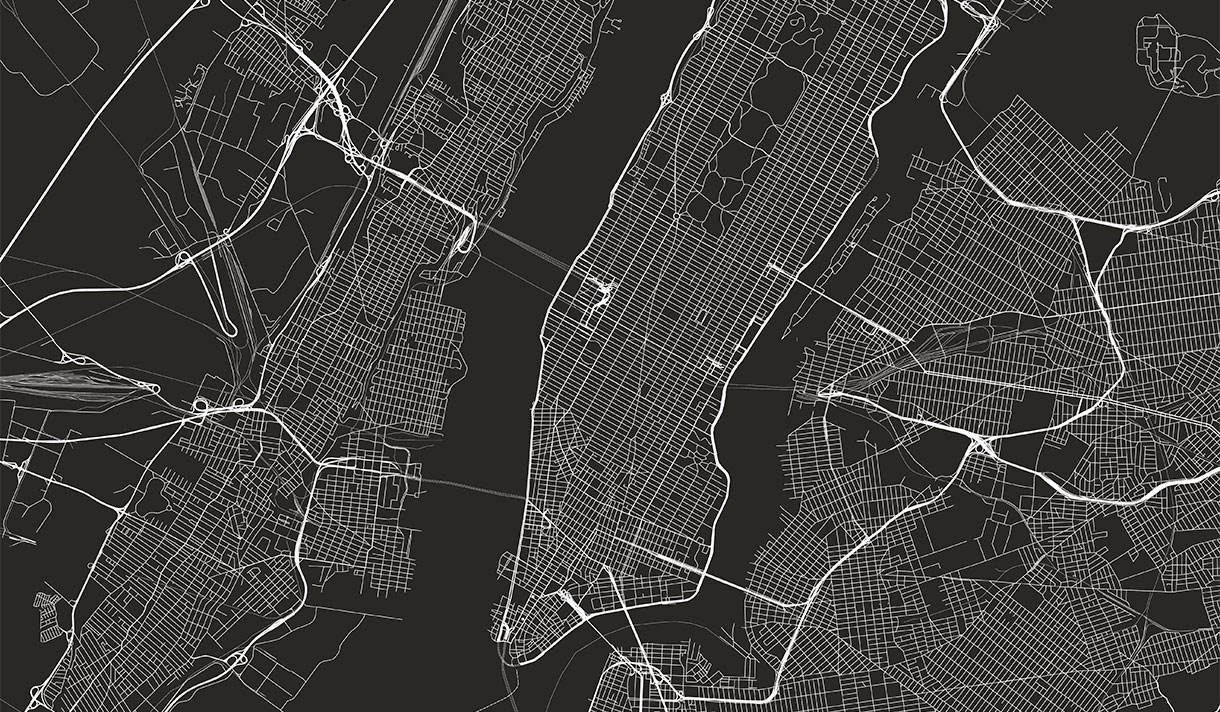Day 1: November 30, 2017 |
2 – 2:15 p.m. |
Welcome and Workshop Goals
|
2:15 – 3:45 p.m. |
Session 1: System-Based Approaches
This session will focus on systems-based and holistic approaches that provide pathways for the optimal management of urban critical infrastructure (ICI) systems for FEW supply. These approaches will lead to a fundamental understanding of interdependencies between urban infrastructure systems and help develop deeper understanding of the function and interaction of urban food distribution, water, waste, and energy, within cities subject to increased demands and under extreme conditions.
- Ming Xu, Ph.D., Associate Professor, and Director of China Programs, School of Environment & Sustainability, University of Michigan, Ann Arbor, MI
- Hillary Brown, FAIA, , Professor, and Director, MS Program in Sustainability in the Urban Environment, Bernard and Anne Spitzer Sch. of Architecture, City College of New York, CUNY
- Osvaldo A. Broesicke, E.I.T, Graduate Research Associate, Brook Byers Institute for Sustainable Systems, Georgia Institute of Technology
|
3:45 – 4 p.m. |
Break |
4 – 5:30 p.m. |
Session 2: End-User Perspective: What Stakeholders Want to See
This session will focus on approaches and participatory models to co-produce knowledge on the key features and variability of urban critical infrastructure systems. Optimization of regional and local FEW systems that take into account their interdependencies may be accomplished via integration based on co-decision, which aims to simultaneously optimize multiple, interconnected systems. The session will include a discussion of tools to support stakeholders in visualizing and understanding the complex interdependencies and potential for synergistic co-benefits and coordinated decisions supporting integrated infrastructure systems.
- Newsha Ajami, Ph.D., Director, Urban Water Policy, Senior Research Associate, Stanford Woods Institute for the Environment
- John L. Lee, Deputy Director, Mayor's Office of Sustainability, New York City Government
- Jason Bregman, Associate, Environmental Planning and Design, Michael Singer Studio
|
5:30 – 6:15 p.m. |
Networking Reception |
Day 2: December 1, 2017 |
8 – 8:30 a.m. |
Breakfast |
8:30 – 10 a.m. |
Session 3: Models and Tools for Understanding the Evolution of Cities and Infrastructures
Presenters will review and lead a discussion of modeling frameworks that simulate the impacts of land use, climate change, and the decentralization of critical supply infrastructure in cities to help ensure adequate FEW distribution and storage.
- Yimin Zhu, Ph.D., Professor, Pulte Homes Endowed Professor, Bert S. Turner Dept. of Construction Management, College of Engineering, Louisiana State University
- Vatsal Bhatt, Ph.D., Senior Energy Policy Advisor, Brookhaven National Laboratory
- Ali Mostafavi, Assistant Professor, Texas A&M
|
10 – 10:15 a.m. |
Break |
10:15 – 11:45 a.m. |
Session 4: Case Studies: System Integration Participants will discuss potential case studies in various cities to help identify key research questions, best management practices, and best points for optimal supply of resources within city boundaries, with an emphasis on those interventions that increase infrastructure linkages and close resource loops. Case studies to be discussed include: a) wastewater/microgrid integration projects; b) urban agriculture and food distribution networks; c) urban scale energy use and mapping; and d) low impact development.
- Weslynne S. Ashton, Ph.D., Associate Professor, of Environmental Management and Sustainability, Stuart School of Business, Illinois Institute of Technology
- Adam Hinge, President, Sustainable Energy Partnerships, and Adj. Prof., Columbia University
- Alfred Helble, AH Consultant, CITYtrans, Stuttgart, Germany
- William (Bill) Solecki, Professor, Graduate Geography Advisor, and Founder Director, Emeritus, CUNY Institute for Sustainable Cities, CUNY
|
11:45 a.m. – 12:30 p.m. |
Lunch Session |
12:30 – 2 p.m. |
Session 4b: Case Studies: Urban Districts – Energy
This session will focus on outlining the research agenda pathways for cities to strengthen energy usage and generation at the district level. Case studies will focus on microgrids, digital grids and urban energy models.
- Roberto Rojas-Cessa, Ph.D., Professor, Electrical and Computer Engineering, Newark College of Engineering, New Jersey Institute of Technology
- Ahmed Mohammed, Ph.D., Assistant Professor, Electrical Engineering, Grove School of Engineering, City College of New York, CUNY
- Yixing Chen, Ph.D., Senior Scientific Engineering Associate, Lawrence Berkeley National Lab
|
2 – 2:15 p.m. |
Break |
2:15 – 3:45 p.m. |
Session 5: City Data and Urban Informatics
This session will focus on approaches for data collection (including sensor systems), correlation and analysis of urban data, data sources, repository structures, and application workflows. The discussion will attempt to identify the best approaches for the integration of heterogeneous data into models for real-time analytics and scenario exploration, as well as for monitoring and forecasting.
- Ziqian (Cecilia) Dong, Ph.D., Associate Professor, Electrical & Computer Engineering, School of Engineering & Computing Sciences, NYIT
- Ursula Eicker, Professor, University of Applied Sciences, HTF, Stuttgart, Germany
- Michael Flaxman, Founder and CEO, Geodesign Technologies
- Andrew Parker, Researcher III, Mechanical Engineering, National Renewable Energy Lab
- Masoud Ghandehari, Ph.D., Associate Professor, Civil and Urban Engineering; Center for Urban Science and Progress, Tandon School of Engineering, New York University
|
3:45 – 4 p.m. |
Break |
4 – 5:15 p.m. |
Session 6: Workshop Wrap-Up: Research Agenda, Opportunities, and Next Steps
During the final session of the workshop, participants will elaborate a shared research agenda that supports active engagement and joint approaches to the optimal management of interrelated critical infrastructural system in urban centers. We will review funding opportunities, opportunities for working with municipalities and projects in-development, plans for obtaining data for further research and/or case studies, and next steps for engaging stakeholders.
|

